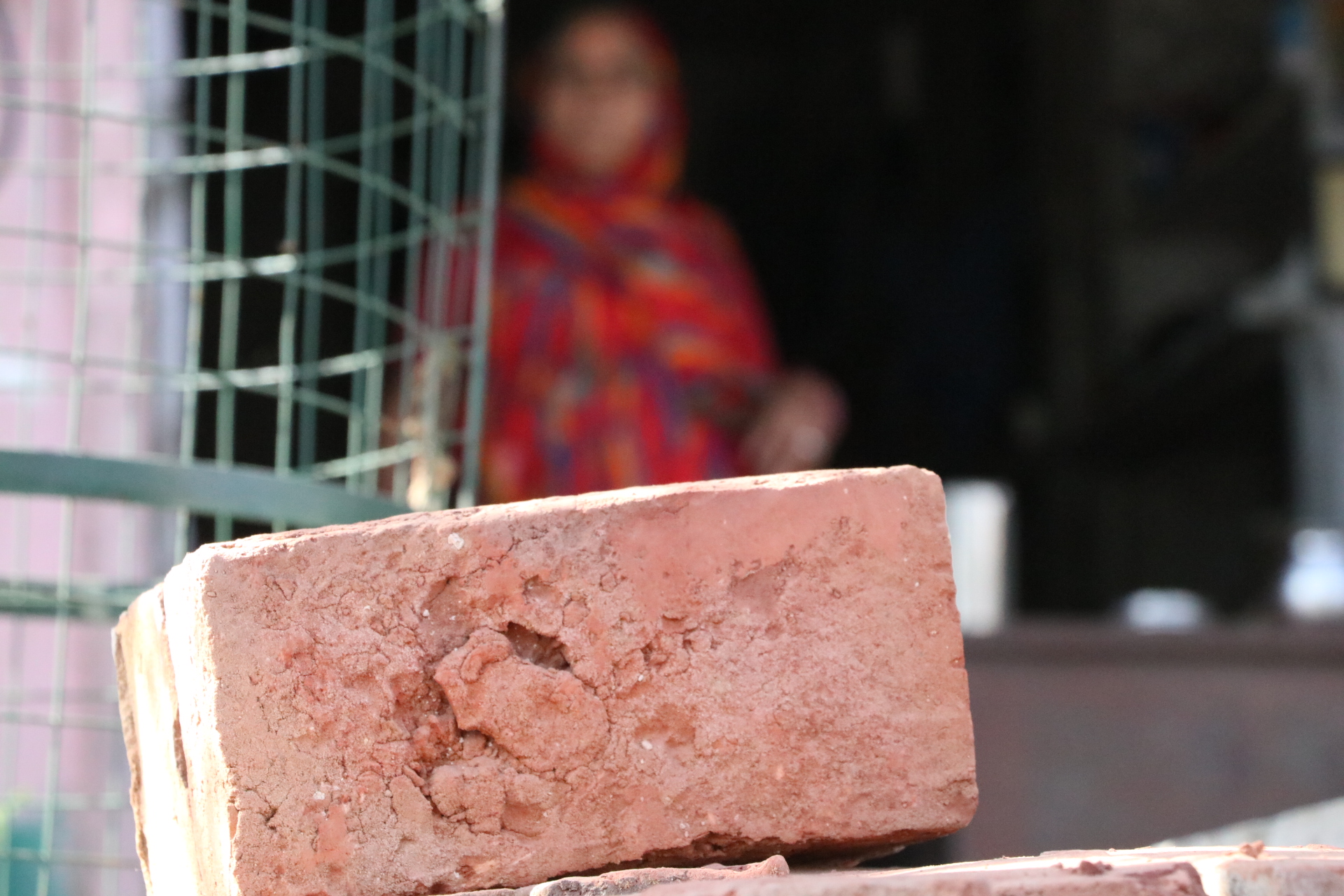
Bare City
Transcript:
Maguire: I’m currently walking through one of the local food markets here in Jaipur, Rajasthan – India’s tenth largest city. Along the footpath, there’s pigs sitting in the water next to a huge pile of coriander cuttings and tomatoes, and believe me: the smells are definitely trying to compete with each other. But the most prominent sight here is where these stalls have set up. Here, growers are selling out the bottom floor of what looks to be an abandoned high-rise building. There’s broken concrete, copper supports exposed, and a lot more construction still going on. And this is not an unfamiliar site to Jaipur.
The Jaipur Development Authority says almost all buildings violate the construction permission through approval of site maps. Jaipur local Davendra Singh Rathore explained that this halt can be for many reasons.
Mr Singh Rathore: The biggest reason, is those construction during the process recognise unauthorised construction. Unauthorised construction, they are recognised a little late. When some complains – the neighbour – or somebody, or it comes to the notice of the authority. So then, the authority asks the contractor to stop the work. And then the contractor appeals into the court. So then, the matter reaches into the court. And then the trial takes a lot of time in India. Sometimes five years, seven years, ten years. So then the construction is stuck, because of the trial.
Maguire: Jaipur’s buildings are unique in itself, as the state council has heritage listed shop fronts to conform to the “pink city’s” visage. University student Radhika Maheshwari illustrated the history of this architecture. However, even after government intervention, safety is not completely taken as number one priority.
Maguire: So, those guys that we’re walking passed now: they’re standing on bamboo – basically just poles – would they be illegal workers, or are they by the government, or…
Maheshwari: They are actually the labour workers that have been appointed by the shop keepers. There are some places we can see that are in Jaipur where you get people who work on a day basis. So they take their pay on the basis of a day. Like if they were to work for one day, they would take a lump amount of money. If they work for two days, they take another amount of money. So it is on a day by day basis, or another work basis. We have three type of labour.
Maguire: Workplace health and safety doesn’t come into it too far.
Maheshwari: Yes, actually. Safety is not the matter for them. It’s just that they want to earn. They are just looking for work to work, and they get on so they earn that, and plan to eat the food that has been made.
Maguire: This is Kemii Maguire reporting from Jaipur, Rajasthan.
Kemii Maguire
With an interest in political cartooning and rural stories, Kemii is eager to gain journalistic experience in all fields. Kemii is a member of the UQ in Jaipur 2017 team, studying a dual Bachelor of Journalism and a Bachelor of Art (Japanese and Political Science).
